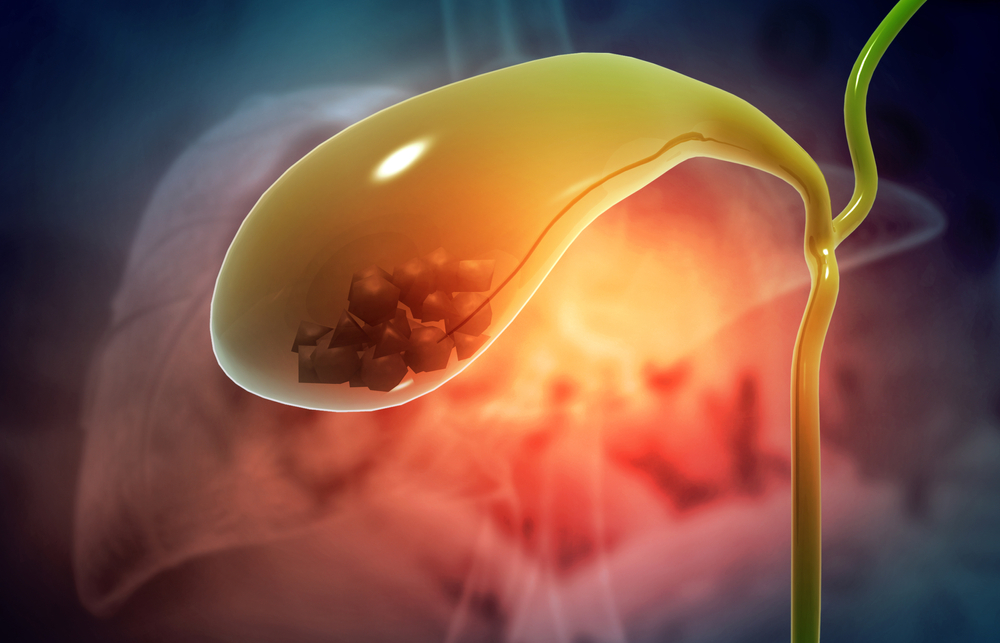Gall Bladder Removal Surgery

What is Gallbladder Removal Surgery?
Gallbladder removal surgery is a procedure to remove the gallbladder, a small organ located beneath the liver. The gallbladder stores bile, a digestive fluid produced by the liver, and releases it into the small intestine to aid digestion.
Gallbladder removal may be recommended to treat gallstones, gallbladder inflammation (cholecystitis), or other gallbladder-related conditions.
Types of Gallbladder Removal Surgery:
Laparoscopic Cholecystectomy: This minimally invasive procedure is the most common method for gallbladder removal. It involves making several small incisions in the abdomen and using a tiny camera and surgical instruments to remove the gallbladder.
Open Cholecystectomy: In some cases, open surgery may be necessary, particularly if there are complications or the gallbladder cannot be safely removed laparoscopically. This procedure involves making a larger incision in the abdomen to access and remove the gallbladder.

Why is Gallbladder Removal Surgery Performed?
Gallbladder removal surgery may be recommended for the following reasons:
- Gallstones cause symptoms such as abdominal pain, nausea, and vomiting.
- Inflammation or infection of the gallbladder (cholecystitis).
- Gallbladder polyps or tumors.
- Biliary dyskinesia (impaired gallbladder function).
